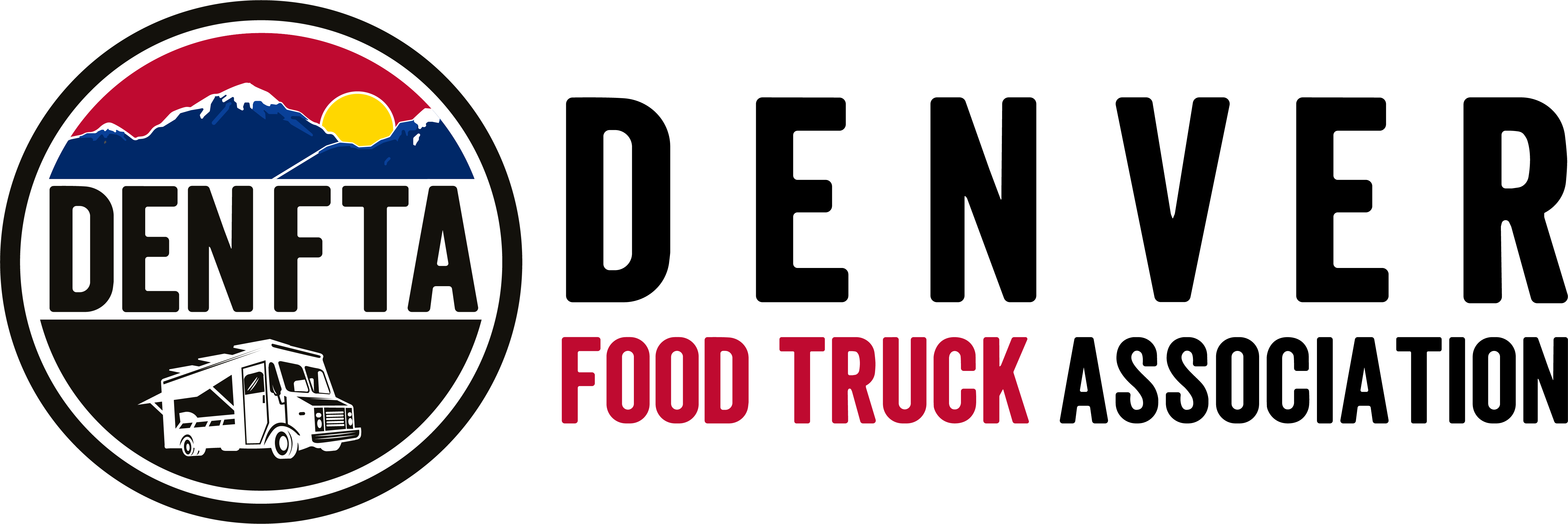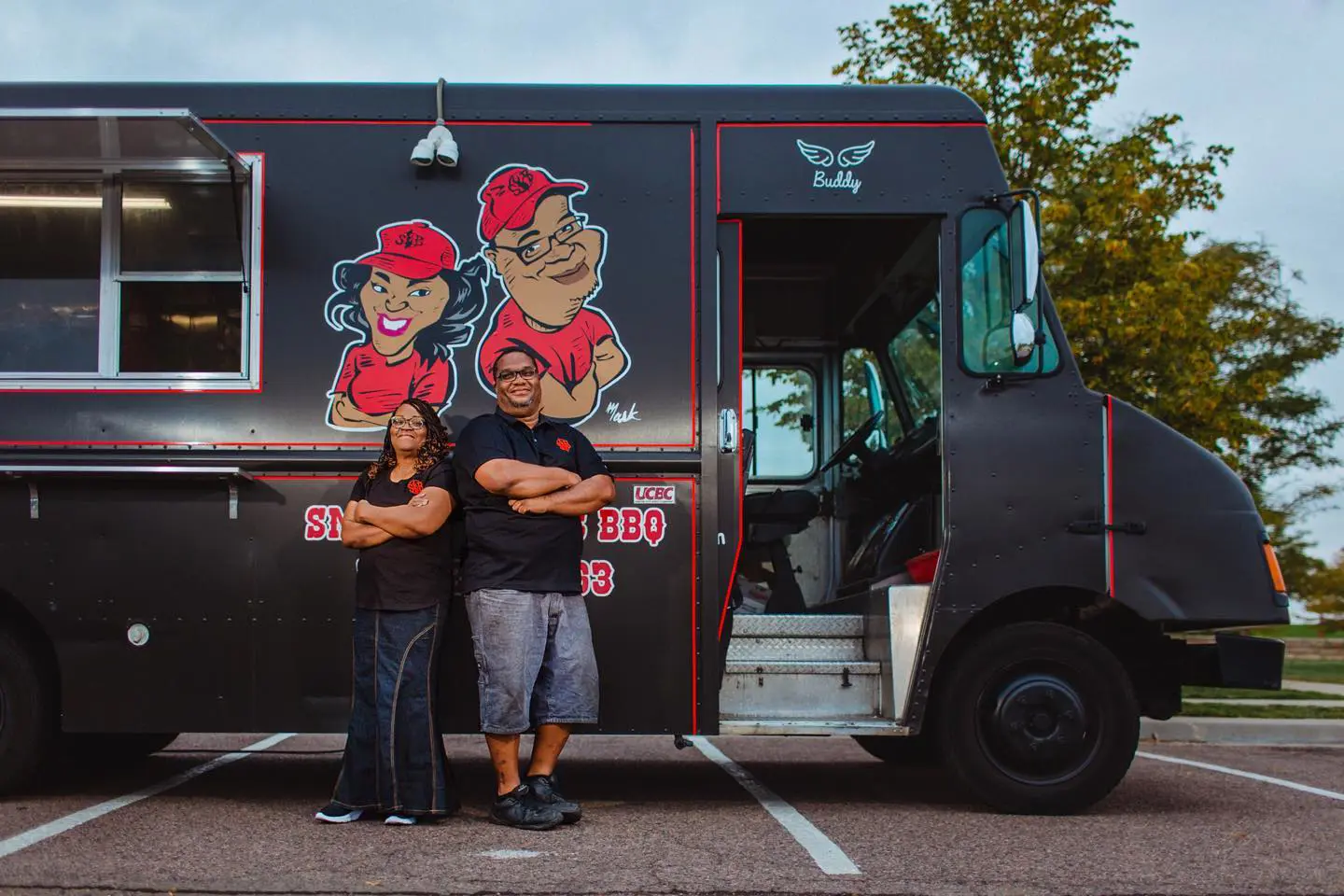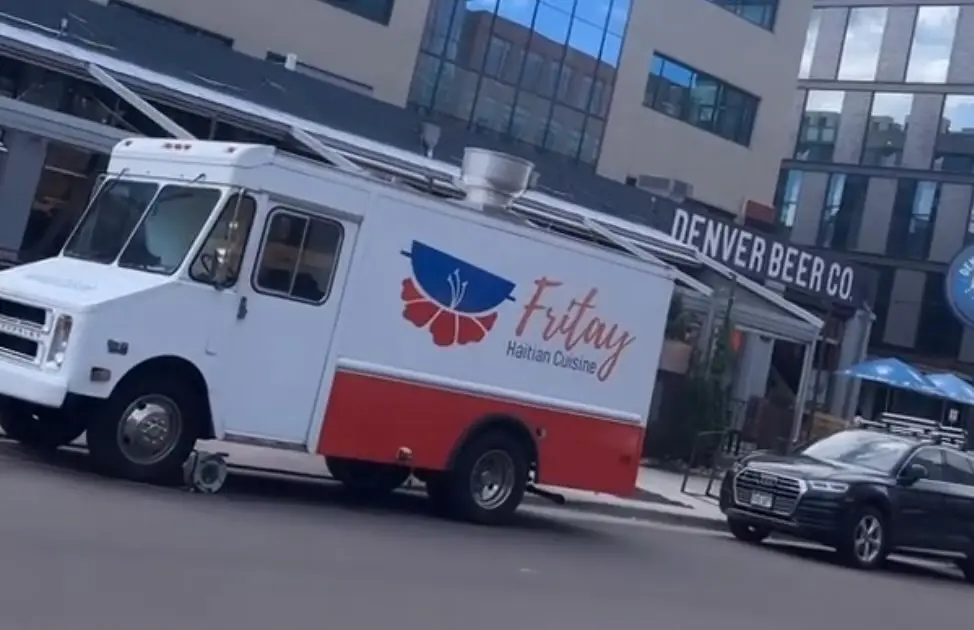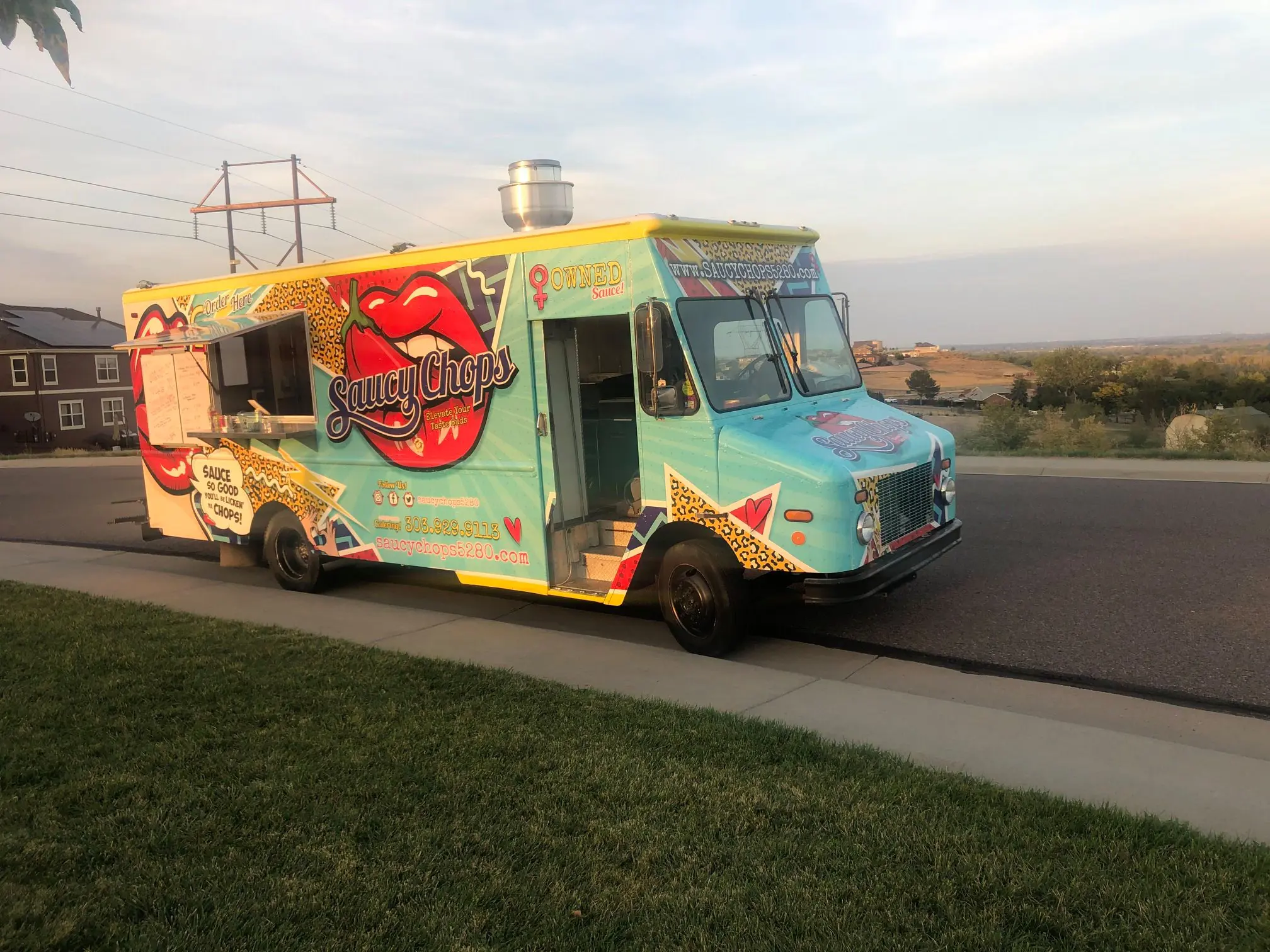Permits and Licences 2026
Comprehensive Guide to Denver Food Truck Licensing and Costs (2026)
Denver, Colorado, the Mile High City, is a haven for culinary entrepreneurs, where the scent of sizzling green chili cheeseburgers and craft beer pairings wafts through neighborhoods like RiNo and LoDo. With over 200 food trucks roaming its streets, breweries, and festivals, the scene reflects the city's blend of innovation, outdoor vibes, and diverse palates—from farm-fresh bison tacos to fusion ramen bowls. Launching a food truck here promises adventure and profitability, with average annual revenues hitting $250,000 for top performers. Yet, beneath the excitement lies a web of regulations designed to safeguard public health, ensure fire safety, and maintain urban order. Navigating Denver's licensing landscape demands precision, especially with upcoming reciprocity changes set for 2026 that will streamline operations across state lines.
This guide serves as your roadmap, detailing every essential permit, license, and certification for starting and sustaining a food truck in Denver. We break down costs—projected at $440 to $900 for initial startup and $350 to $450 annually, excluding variables like commissary rent—while highlighting pitfalls, timelines, and insider tips. Whether you're retrofitting a vintage Airstream for street vending or eyeing private brewery gigs, understanding these requirements will help you avoid fines up to $1,000 per violation and focus on what matters: slinging delicious eats to Denver's hungry crowds. By year's end, with the Colorado General Assembly's HB25-1295 paving the way for license reciprocity starting January 1, 2026, it marks a pivotal transition year for mobile vendors. Let's dive in.
The Regulatory Framework: Why Denver's Rules Matter
Denver’s food truck rules are built around three big priorities: keeping food safe, preventing fires, and making sure trucks don’t overwhelm neighborhoods or compete unfairly with brick-and-mortar restaurants. The main agencies involved are the Denver Department of Public Health & Environment (DDPHE), Excise & Licenses (EXL), Denver Fire Department (DFD), the statewide Colorado Department of Public Health & Environment (CDPHE), and the Colorado Secretary of State. All of them operate under the Colorado Retail Food Establishment Rules (last major update 2022 to match current FDA guidelines).
Denver still requires its own city-only “Retail Food Establishment – Mobile” license. If you only work inside Denver proper, that’s the one you need. The statewide CDPHE mobile license works everywhere else in Colorado (Adams, Arapahoe, Jefferson counties, etc.), but it does NOT cover the City and County of Denver—yet. A reciprocity agreement is scheduled to start in 2026, which will finally let state-licensed trucks operate in Denver without double paperwork.
Fire codes are strict because of propane tanks and open flames; the Denver Fire Department inspects every truck annually and can shut you down on the spot for violations. Zoning rules limit where and how long you can park, especially near homes, schools, or in high-congestion spots like the 16th Street Mall.
Bottom line: getting fully legal isn’t quick or cheap. Plan on 4–12 weeks for approvals (longer if you apply right before summer rush), and budget $500–$1,500 for a permitting consultant if you don’t want to wrestle with the paperwork yourself. Staying compliant isn’t just about avoiding fines—it’s what keeps customers coming back and keeps inspectors from padlocking your service window.
Choosing Your Primary Health License: City vs. State in 2026
The cornerstone of your operation is the health license, ensuring your truck meets sanitation, temperature control, and pest management standards. Select based on your turf: Denver-exclusive for urban focus, or statewide for regional roaming.
Option 1: Denver Retail Food Establishment-Mobile License
Ideal for trucks sticking to city streets, breweries, and events like the Denver Flea, this license falls under EXL with DDPHE oversight. It requires detailed blueprints submission for plan review, covering three-compartment sinks, ventilation hoods, and handwashing stations.
Application Process: Submit online via EXL portal with menu, equipment specs, and commissary agreement. DDPHE conducts a pre-op inspection ($100 to $200 for inspector time).
- One-Time Application Fee: $150, non-refundable.
- Annual License Fee: Variable, starting at $100 base plus $25 per food process (e.g., cooking, reheating, cooling—up to $200 for complex menus like smoked meats). Renew by December 31; late fees add 20 percent.
- Validity: One year, with routine inspections (twice annually, unannounced).
This option suits 70 percent of Denver trucks, per local association data, but limits expansion until 2026. Pro Tip: Factor in $50 for blueprint revisions if your HACCP plan (Hazard Analysis Critical Control Points) needs tweaks.
Option 2: CDPHE Mobile Food Establishment License
For ventures eyeing Aurora markets or Boulder festivals, this statewide badge from CDPHE ensures compliance across 60+ counties (excluding Denver). It mandates a licensed commissary for prep and waste, plus ANSI-accredited equipment.
- Application Process: Email plan review packet to CDPHE, including floor plans and operations manual. Approval triggers invoice; pre-op inspection follows at your commissary or truck site.
- Plan Review Application Fee: $155, covering initial vetting.
Total Cost: Capped at $580 for new trucks, blending review, and license fees—expect $425 average for standard setups. Renewals dip to $300 to $500.
- Validity: Annual, with fees tiered by risk level (e.g., raw protein handling adds $50). While versatile, it demands extra legwork for Denver ops, like dual applications. Post-2026, reciprocity will allow seamless swaps, slashing redundancy.
Choose wisely: A Denver license saves $100 upfront for city-only, but statewide future-proofs at a higher initial outlay.
Additional State and City Requirements: Building Your Compliance Stack
I. Colorado Sales Tax License
Mandated by the Colorado Department of Revenue, this lets you collect 2.9 percent state plus local (up to 8.81 percent in Denver) on prepared foods. No license? Fines reach $250 monthly.
- Process: Apply online via MyBiz Colorado; instant approval if Clean Hands certified (no tax debts).
- Cost: $16 for a two-year license plus $50 refundable security deposit—total $66. Renew biennially.
- Tip: Bundle with a federal EIN (free) for seamless payroll.
II. Business Entity Registration
Formalize as LLC or corp via Colorado Secretary of State to limit liability—essential for $100,000+ investments.
- Process: File articles online; include operating agreement.
- Cost: $50 one-time filing; $25 annual Periodic Report.
- Validity: Perpetual with reports; lapses trigger $100 penalties.
III. Denver Fire Department Propane Permit
Propane powers 80 percent of trucks, but DFD mandates checks for leaks and suppressors to avert fires.
- Process: Schedule inspection post-build; submit via email with unit specs.
- Cost: $200 annual Fire Prevention Flammable Operational Permit. Non-propane? Free exemption letter.
- Validity: Annual; $100 reinspection if failed.
IV. Denver Zoning Permit for Private Property
Street vending skips this, but brewery lots or events over 30 minutes require it to avoid $500 citations.
- Process: Submit site plan to Community Planning and Development; approved zones include MX and industrial.
- Cost: $50 annual.
- Restrictions: 200 feet from restaurants; no residential parking.
Required Food Safety Training: Empowering Your Team
Colorado's 2022 Food Code mandates certified staff to curb outbreaks—non-compliance risks $500 fines.
I. Certified Food Protection Manager (CFPM)
One PIC per shift needs ANSI-accredited training on HACCP and allergens.
Process: Online or in-class via ServSafe; 8-16 hours, proctored exam.
Cost: $49.95 to $200, including materials; valid for five years. Deadline: March 1, 2025, for full enforcement.
II. Food Handler Certificate
All handlers require basics on hygiene and cross-contamination.
Process: 2-hour online module; state-capped.
Cost: $15 max per person, valid for three years.
Invest here: Certified teams boost insurance rates by 10 percent.
Essential Operational Requirements: Beyond Permits
No fees, but critical:
Commissary Agreement: Rent ($800-$1,500/month) for licensed kitchen; Denver lists approved sites.
Vehicle and Insurance: Commercial registration ($150/year); $1M liability policy ($2,000-$5,000 annual).
Step-by-Step Roadmap to Launch
1. Form Business: Register entity ($50); get EIN (free). (Week 1)
2. Plan Review: Submit health plans ($150-$155). (Weeks 2-4)
3. Secure Commissary: Sign agreement; inspect. (Week 5)
4. Train Staff: CFPM and handlers ($200+). (Week 6)
5. Fire/Zoning: Permits ($250). (Weeks 7-8)
6. Tax License: Apply ($66). (Week 9)
7. Final Inspections: DDPHE/DFD; issue license. (Weeks 10-12)
8. Launch: Affix stickers; soft open.
Key Resources for Denver Food Truck Owners
Denver EXL: https://www.denvergov.org/Government/Agencies-Departments-Offices/Agencies-Departments-Offices-Directory/Business-Licensing – Applications and guides.
CDPHE Retail Food: https://cdphe.colorado.gov/dehs/rf/licensing – State licensing.
DFD Permits: https://www.denvergov.org/Government/Agencies-Departments-Offices/Agencies-Departments-Offices-Directory/Fire-Department/Permits-Licensing – Fire safety.
Colorado DOR: https://tax.colorado.gov/sales-tax – Tax licenses.
ServSafe CO: https://corestaurant.org/servsafe/ – Training.
Denver Street Food: https://www.denverstreetfood.com/ – Association support
Overcoming Challenges and Thriving in 2026
Common hurdles: 30-day approval backlogs and $200 propane retrofits. Success tip: Join the Colorado Restaurant Association for webinars ($50/session). With reciprocity looming, 2026 is prime for pilots—test statewide menus now. Average ROI: Break-even in 6-9 months at $300K revenue.
Final Thoughts: Roll Out with Confidence
Securing Denver food truck licenses in 2026 blends bureaucracy with opportunity, fortifying your venture against risks while unlocking the city's $1B mobile food market. From $440 startups to reciprocal horizons, proactive planning turns red tape into rocket fuel. Gear up, get certified, and hit the pavement—your Denver debut awaits. Safe travels and spicy sales!



